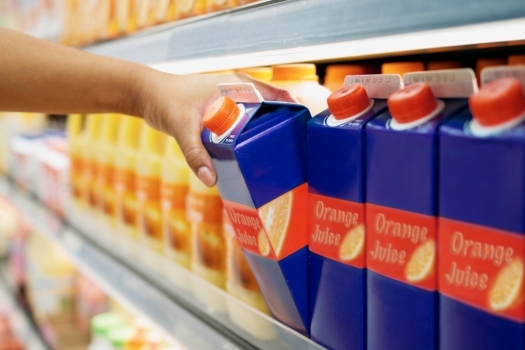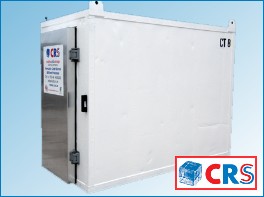 Recent figures from Marks and Spencer’s showed a rise in food sales in the last quarter which is a contrasting image to their clothing sales which experienced a decline. Like-for-like sales were actually up by 0.6% in comparison to the last quarter, which was driven by a 4% rise in food sales.
Recent figures from Marks and Spencer’s showed a rise in food sales in the last quarter which is a contrasting image to their clothing sales which experienced a decline. Like-for-like sales were actually up by 0.6% in comparison to the last quarter, which was driven by a 4% rise in food sales.
The report suggests touch times for Marks and Spencer’s who are targeting growth in the European market. This strategy has sparked entries into the French and Dutch markets in recent times as part of a bid to become a top international multi-channel retailer.
Neil Saunders of M&S’s management looked towards growing their efforts in the food market saying "M&S have realised that they need to look overseas in order to secure growth. It is clear that even if they do sort out their problems in the UK, they will struggle to grow market share significantly due to their maturity and the competitive nature of the market."
Retailers will be looking to emulated M&S by looking at methods of growing market share whilst reducing overheads simultaneously. One of these methods is to use effective cold storage methods.
How can retail cold storage raise profits?
 Retail cold storage is often one of the largest overheads in the sales and preservation of food products. Logistics consultants will tell you that inventory can be controlled and managed to reduce and control costs if you’re savvy with storage.
Retail cold storage is often one of the largest overheads in the sales and preservation of food products. Logistics consultants will tell you that inventory can be controlled and managed to reduce and control costs if you’re savvy with storage.
There are several options on the market available when it comes to food cold storage. Companies are often faced with the decision to either invest in fixed cold storage options or look at the use of mobile cold storage units. Mobile units such as mini mobile cold stores are a great way of keep overheads low when compared with physically built cold storage structures. Why is this?
- Demand Flexibility - In the food industry there are times throughout the year when demand for food increases such as Christmas and Easter. When it comes to dealing with fluctuations in demand mobile cold storage is more cost effective as units can be rented and leased for short periods of time throughout the year. This is a more flexible approach than paying for a fixed capacity throughout the year. Mobile units can be rented as and when the need arises.
- Maintenance - significant costs can be incurred in maintaining physical cold storage structures all year round. These costs include personnel and costly resources. Eliminating this expense is easy when using mobile cold storage units as it is the responsibility of the provider to make sure they are maintained to high industry standards.
- Planning permission - the process of building cold storage structures is costly in itself, planning permission is needed as well as the cost of labour and land. Planning permission is not needed for mobile retail cold storage and units can be stored outside.

If you are aiming to expand into European markets cost effectively, without racking up large overheads in the proccess, mobile cold storage could be the way to go in terms of cost, flexibility and efficiency of storage. The use of portable blast freezers into your company will preserve and extend the shelf life of your perishable products which can be transported maximum the potential of the products as well as increasing quality, minimising waste, and increasing profits as Marks and Spencer’s have. test












